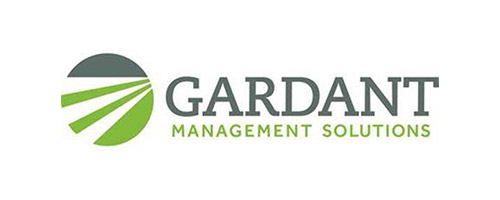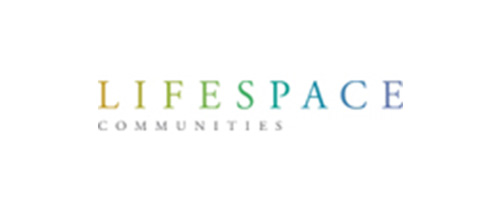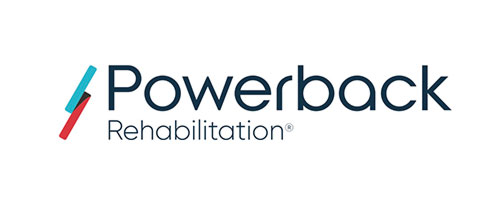The Tao of Lifestyle Growth
Tao or dao is a Chinese word signifying the way, path, route or road. Masterpiece Living will be offering a four-part blog series on “The Tao of Lifestyle Growth,” discussing coaching and its role in senior living. The topics will include kaizen, artful listening, communication and engagement.
PART TWO
Artful Listening
Up to 80% of our waking day is spent communicating in some way, and 45% of that involves listening to other people. Yet, it is estimated that we retain only 25% of any given conversation.
To make matters worse, we forget nearly 50% of what little was retained within eight hours. Some of this forgetfulness can be attributed to the way our brains process information. But the larger fact remains: Most of us are really bad at listening.
What does that mean to leaders in the senior living profession? From the top down, there’s a good chance that team members and residents are not being heard or understood. According to the late Stephen Covey, famed educator, author and business executive, “Most people do not listen with the intent to understand; they listen with the intent to reply.”
We may do a great job of keeping residents safe, but if we are not really listening to them, are we maximizing their mental and emotional health?
Coaching the art of listening is a vital component of any successful organization. Through coaching, we learn to practice artful listening by creating a safe space where people can voice their fears and concerns, brainstorm ideas and set new goals. We become thought partners who support residents’ journeys of growth and healthy longevity.
As coaches, we listen for what drives residents and team members—their passions, interests and skills. We include the entire community in the decision-making and create an organization that people want to be a part of in the long-term.
Artful listening can help us tap into the collective human capital, thereby doing more together than we could alone. This not only supports people in living a healthier and more purpose-filled life (and maintaining that level of health longer), but it also offers a financial benefit. The value of volunteering is currently estimated to be $27.20 per hour. Imagine the possibilities of a community where everyone involved is bringing their best selves to work and life on a daily basis and making valuable contributions to the whole. The benefits of this balanced ecosystem all begin with artful listening, listening to truly understand.

Four tips for better listening
The beauty of listening is that you don’t have to acquire special credentials to “qualify” to be a good listener. Just start practicing these four basic tips today.
- Ask powerful, open-ended questions and then be fully present as you listen to the replies. These types of questions come from a place of curiosity and interest in your conversation partner. Some examples of powerful questions include:
- “What do you want most for yourself at this time in your life?”
- “In what way are your values in line with your current goals?” (Or, “how are they out of line?”)
- “How can I support you in moving forward with this goal?”
- “What makes this pursuit meaningful to you?”
- Be mindful and avoid distractions. Put your phone aside and create a quiet space for communication. Silence the mental chatter about other events that might be circulating in your brain. Adopting a regular mindfulness or meditation practice can help you create this kind of focus.
- Don’t plan your next question or how you will respond. Just listen. I find it helpful to jot down a word or two as someone is speaking to help retain what I’ve heard.
- Practice non-judgment. For someone to honestly and authentically express wants and needs, they need to trust that you have their back and their best interest at heart.
In the next installment of this series, Amanda Baushke, coach and managing director of operations for Masterpiece will discuss communication skills in the coaching process, including how to ask powerful questions and be mindful of nonverbal cues. According to Amanda, “Powerful communication is the first step in empowering the older adults you serve to lead growth-focused and purpose-filled lives.” (See accompanying video, Powerful Communication)
Danielle Palli
Certified positive psychology, health and wellbeing coach
Masterpiece is dedicated to providing a pathway for inspiring and cultivating individual growth, resilience, and purposeful longevity at every stage of life. Through data-focused measurements and research-backed content, our team of dedicated health and longevity experts offer communities the content and programming to provide their residents with a unique approach to holistic health and wellbeing for sustained vitality. Learn more: www.mymasterpieceliving.com.
Note: This information is not intended to replace a one-on-one relationship with a qualified healthcare professional and is not intended as medical advice. It is intended as a sharing of knowledge and information from research. The view expressed here are not necessarily those of the ICAA, we encourage you to make your own health and business decisions based upon your research and in partnership with a qualified professional.
Share



































